What is PMM2-CDG?
Phosphomannomutase 2 deficiency (PMM2-CDG) is the most common congenital disorder of glycosylation, a group of ultra-rare hereditary metabolic disorders. Glycosylation is a process by which sugars are chemically attached to proteins to form glycoproteins, or a group of complex proteins. Since protein glycosylation is ubiquitously required in the human body, loss of PMM2 function has multi-organ systemic effects. PMM2-CDG is a serious disease, with up to 20% mortality in the first 4 years of life. There are ~1,000 patients identified worldwide, primarily in US and EU, and no approved drugs.

Approximately 1,000 patients are affected globally

Patients have a mortality rate of up to 20% in the early years

Patients who survive infancy face lifelong chronic challenges
PMM2-CDG is caused by mutations in the PMM2 gene. This gene provides instructions for making an enzyme called phosphomannomutase 2 (PMM2). Mutations in the PMM2 gene lead to the production of a malfunctioning or non-functioning PMM2 enzyme. The PMM2 enzyme is involved in a process called glycosylation, which attaches groups of sugar molecules (oligosaccharides) to proteins. Without a properly functioning PMM2 enzyme, glycosylation cannot proceed normally in the body.
Infancy:
- Physical abnormalities
- Abnormal feeding/failure to thrive
- Developmental delays
- Organ system failures including hepatic, renal and cardiac failure
Childhood:
- Cognitive and intellectual deficiency
- Speech delay
- Psychomotor delay
- Coagulation deficiencies; stroke
- Seizures
- Peripheral Neuropathy
- Muscle weakness
- Ophthalmic issues
Adulthood:
- Worsening of Peripheral Neuropathy
- Increased muscle weakness; mobility impairment
- Skeletal malformations apparent (short stature, fixed joints, etc.)
- Infertility; hormonal insufficiency
- Cerebellar ataxia
- A simple blood test to analyze the glycosylation status of transferrin can diagnose PMM2-CDG
- Abnormal transferrin patterns can be detected through a test known as isoelectric focusing (IEF).
- Molecular genetic testing can confirm a diagnosis of PMM2-CDG
- Advanced imaging techniques, such as MRI, CT scans, can be used to confirm symptoms or features associated with PMM2-CDG
The prognosis for PMM2-CDG patients is poor and there are currently no FDA-approved drugs. Current treatments are primarily supportive care to manage symptoms. Such care can include:
- Maintain caloric intake and nutrition in infancy
- Monitor for hepatic dysfunction, pericardial and/or pleural effusion
- Non-medical interventions including occupational, physical and speech therapy, remedial education
- Ophthalmic exams and corrective surgery as needed
- Orthopedic or surgical intervention for skeletal and/or neuromuscular abnormalities
- HRT for endocrine disorders e.g. hypothyroidism, ovarian insufficiency
- Anticonvulsants for seizure control
Given the severity of symptoms across all stages of PMM2-CDG, significant unmet medical need exists.
PMM2-CDG can lead to death in 20% of patients in the first 4 years of life, due to both neurological issues and multi-organ failure. While some individuals who survive to childhood have a good life expectancy, they also experience disability and typically need lifelong assistance.
Given the severity of symptoms across all stages of PMM2-CDG, significant unmet medical need exists.
Our Commitment to PMM2-CDG
Applied Therapeutics is committed to developing a treatment for PMM2-CDG.
Patients with PMM2-CDG have imbalances in sugar metabolism pathways, including due to abnormal Aldose Reductase and PMM2 enzyme activity. Initial data in fibroblast cell lines derived from patients with PMM2-CDG demonstrates that govorestat, an investigational, novel Aldose Reductase Inhibitor, results in increased PMM2 activity and may provide therapeutic benefit in PMM2-CDG patients. Govorestat has received Orphan Drug and Pediatric Rare Disease designations from the U.S. Food and Drug Administration (FDA) for the treatment of PMM2-CDG
Govorestat has the potential to be the first FDA-approved therapy for PMM2-CDG.
For more information, or to inquire about participating in the Phase 1 trial in PMM2-CDG, please email PMM2CDG@www.appliedtherapeutics.com.
HEAR FROM THE PARENTS OF A CHILD WITH PMM2-CDG
In the patients & caregivers section

